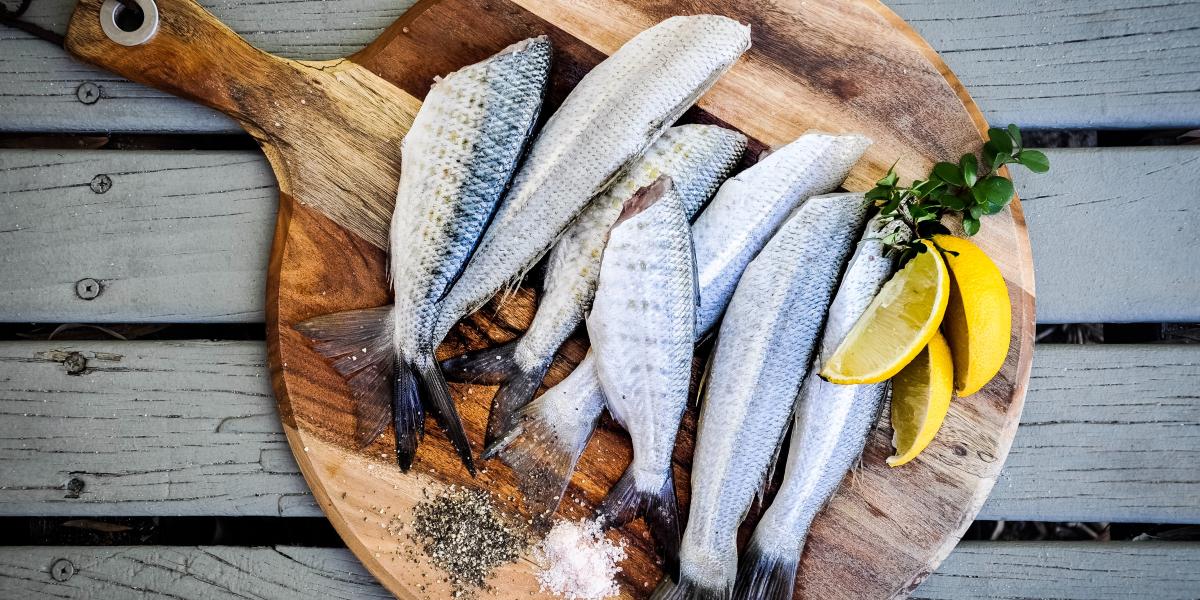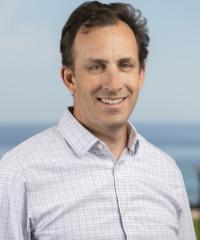
The global-scale economic disruptions brought about by COVID-19 have laid bare the vulnerabilities of our food systems. And while for some this means running all over town to find organic pastry flour, for millions of people, COVID-19 has exacerbated hunger and poverty. Many of the world’s recent gains in poverty alleviation could be undone by COVID-19 with a projected 176 million more people pushed into poverty as a result. This compromises human dignity, drives even greater inequality between rich and poor, and is a step backward from the UN’s Sustainable Development Goals.
With or without a global pandemic, enhancing global food security will play a vital role in humanity’s future. Today’s 7.8 billion people will swell to around 9.8 billion by 2050, and incomes are expected to nearly double, implying large increases in food demand, particularly for meat. Yet increasing production on land contributes disproportionately to climate change and is fraught with other problems related to health, pollution, and biodiversity.
In a paper just published in Nature, we collaborated with a diverse global team to examine the role of food from the sea – wild caught and farmed fish, which together currently comprise 17% of meat production – to sustainably expand in the future.
You’re probably wondering when you missed the memo on the world’s ocean being a sustainable food source. After all, recent headlines like “All Seafood may be Gone by 2048” and “Why Fish Farming is Unsustainable” give the impression that if we care at all about preserving ocean ecosystems and the plethora of benefits they provide, we need to extract less from the sea, not more. But a plausible counter-argument also exists: By more sustainably managing ocean ecosystems, perhaps they will be less prone to collapse, and will thus produce more food and support greater livelihoods into the future - particularly for the global poor. Our paper finds that this latter argument prevails, and to a large margin.
How could food from the sea expand sustainably? The answer boils down to better policies, technology, and demand from people like you. For wild fisheries, this means better fisheries management. Indeed, wild fisheries are already trending in the right direction: Many of the large fisheries of the world now regularly assess their stocks, and have implemented sustainable fisheries management practices like rights-based fishery management. Continuing this trend, and expanding better management to small-scale-fisheries will actually increase global food provision - perhaps up to 8 million metric tons (MMT) of food per year; that’s more than the entire U.S. consumption of fish.
For mariculture, there are two important interventions. First, believe it or not, we actually have to catch wild fish to feed to many farmed species. For example, 99% of the world’s largest fishery (Peruvian anchovy) is ground up and fed to farmed fish and other animals. New feeds such as seafood processing waste, microbes, and insects hold great promise to reduce our reliance on catching wild fish to feed to farmed fish. Second, we have made great progress in figuring out how to sustainably farm the sea. By allowing sustainable expansion in places like the United States (which has shied away from mariculture because of perceived sustainability conflicts) and insisting on a reduced footprint and sustainable practices in places like China, we can produce much more, sustainable food from the sea. Sustainable mariculture could easily more than double (from today’s 10 MMT of food to well over 25 MMT).
When combined, this substantial expansion in food from wild fisheries and mariculture is sustainable, economically viable, particularly nutritious (containing essential fatty acids, vitamins, and other nutrients), and in many places, supports the livelihoods of the most marginalized members of society.
So what can you do? Demand will play a pivotal role. While eating a plate full of sardines, whelks, or croaker may not currently compete with burgers in your household, my colleagues in Spain, Japan, and China (respectively) can attest to their delicacy. So struggle no more with what to eat tonight. Be adventurous. Eat fish! It’s what’s for dinner, and will increasingly be so for the foreseeable future.



